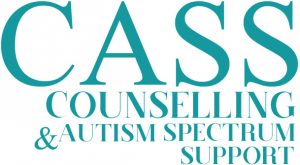Perfectionism may cause frustration and anxiety whilst extreme perfectionism can often be a personality trait of obsessive compulsive disorder (OCD) as opposed to ADHD. However, both conditions commonly co-occur and whilst OCD and ADHD are different, they share some symptoms.
Perfectionism isn’t solely about trying to do a good job. It’s encompasses being too anxious about details which then makes it harder to get complete tasks in a reasonable amount of time.
Individuals with ADHD (also known as ADD) are not often thought of as perfectionists as they sometimes race through tasks whilst ignoring details and seemingly not worrying about the consequences.
Since children with ADHD often face trouble shifting focus they share a tendency to get stuck thinking about things repetitively like a perfectionist. Also being hyper focused on a task can lead to spending excessive time trying to achieve a perfect result.
Perfectionism can create frustration and anxiety
Children who need to do things in just the ‘right’ and an acceptable way can get frustrated and anxious very quickly. It’s very common for people to have both ADHD and anxiety. People living with ADHD often feel challenged when managing their emotions and feelings may last for a longer period of time than for those who don’t have ADHD.
CASS counselling and support services can help children cope with their perfectionism. As a parent of a child with ADHD who is a perfectionist, you may be frustrated, too. Thankfully, there are many ways you can show your child both verbally and physically that it’s OK to let go sometimes. For instance, it’s best to apply positive reinforcement by praising their efforts and avoiding over focusing on details that are not of great importance thus helping to put things in perspective and realise realistic standards. People with ADHD may find it a challenge to shift their perspective from one situation to another. We offer support for adjusting expectations and improving well being.
CASS aim to uncover and deliver methods and strategies to help our clients cope with life. We support people on the spectrum to socialise, learn new skills and feel more confident. Fortunately there are many coping mechanisms and we are here to help you understand neurodiverse behaviours and natural differences.


